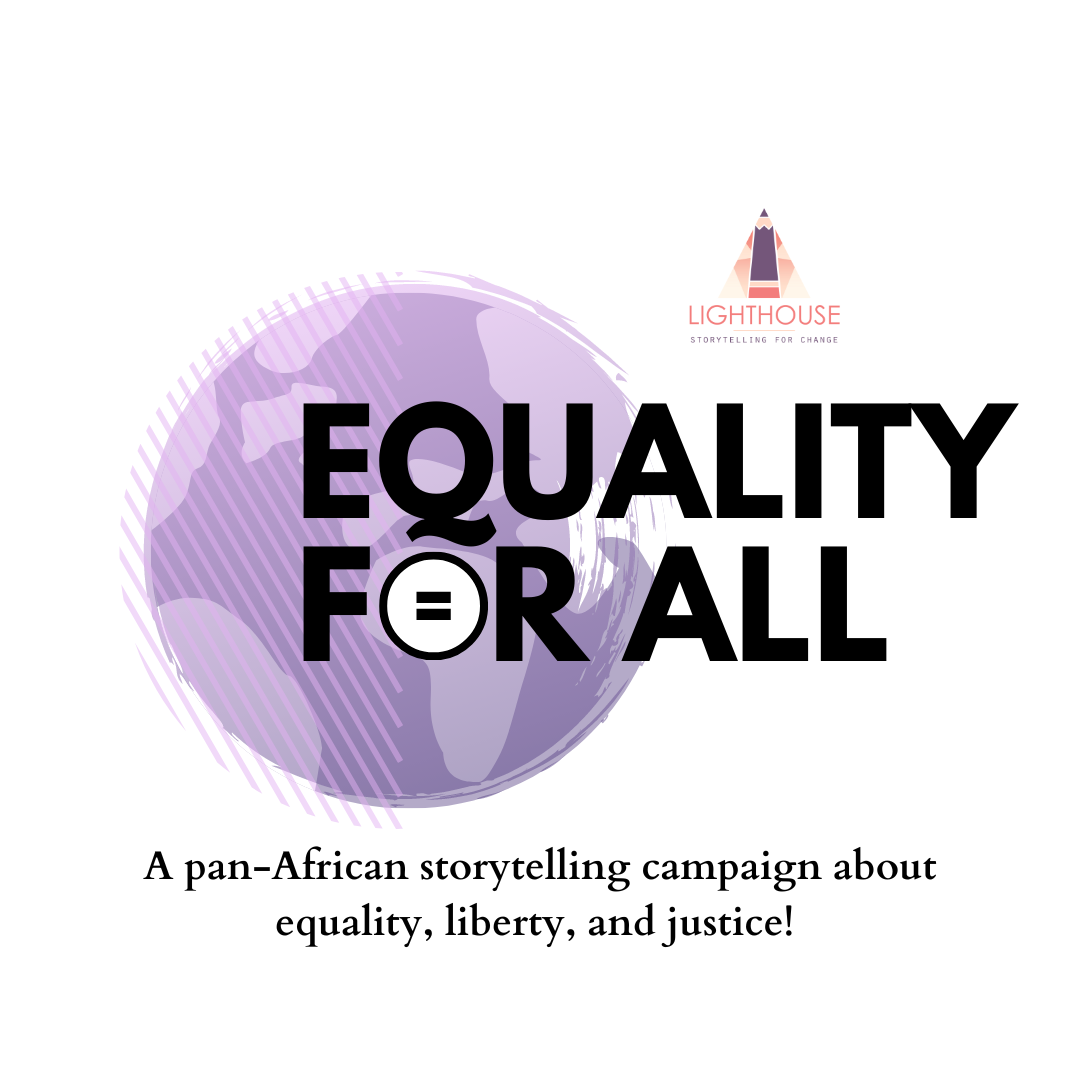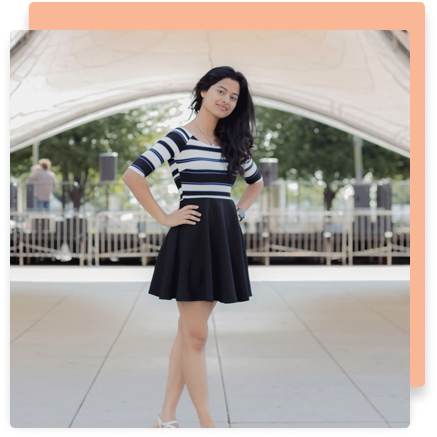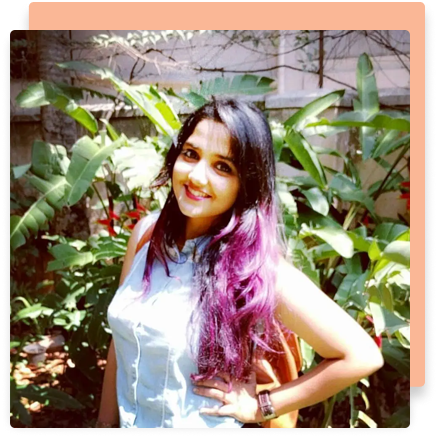Equality for All

Listen. Across markets, back alleys, community halls and living rooms from Nairobi to Lagos, people are telling themselves who they are. Equality for All was our invitation to listen more carefully. It began as a question: what happens when the people most affected by unfair laws, slow courts, unequal economies and quiet everyday exclusions are given space to tell their stories in their own language and in their own voices? The campaign grew into a living archive of testimony, witness and imagination. It is a map of justice made of sound, text, film and the rhythms of ordinary life. The work we published was never meant to lecture. It was meant to reframe. It was meant to turn data into faces, policy into pulse, and statistics into songs.
Stories do the work that reports cannot. They translate law into lives, policy into possibility. If justice is to be more than a word, we must let the people most intimate with its absence define what it looks like.
Africa is home to roughly one and a half billion people, a fact that makes the stakes of justice and equality continental in scale (Our World in Data). Seventy percent of Sub-Saharan Africa’s population is under the age of thirty, representing a powerful demographic force. Young voices are not only the future; they are the majority present (United Nations). Internet access across the continent is expanding rapidly but unevenly. While large national markets now count tens of millions of users, many rural areas remain chronically offline. Nonetheless, the use of social platforms and audio streaming continues to rise each year (DataReportal – Global Digital Insights). Most of the world’s extreme poverty is concentrated in Sub-Saharan Africa, and this economic pressure shapes how people experience justice, mobility, and voice (World Bank). Public perception also plays a critical role. Recent Afrobarometer data shows that a majority of respondents believe people are often or always treated unequally under the law, and many perceive discrimination based on economic status. These perceptions shape civic trust and the appetite for change.
Today, the impact of ‘Equality for All’ continues to grow, with stories being shared in classrooms, youth forums, and community spaces, sparking deeper conversations and inspiring collective action.
Stories of Change: Journeys Toward Justice and Equality
Food Escapades in Egypt
Christiana Okere Nigeria Food Escapades in Egypt As soon as my eyes met the abomination in front of me, my appetite quickly receded into the background. Why would anyone in their right mind combine okra soup with rice? Even more deplorable was that the okra was...
Call me, Zoe!
Zoe Octavia Obazee Lagos, Nigeria Call me, Zoe! To be born in Freetown, is to identify with that ancient Cotton Tree and that my father is Liberian is a connection to that former Football Star, George Weah, who today is president. It was time to give me...
Living for the future
Patrick Kinene Gichuki Kenya Ruiru campus Living for the future Life works in mysterious ways. Ways we cannot explain. Life has its teeth, but if it’s not your turn to get bit, you’ll just have to continue living. Life was placing me in a corner. As a young lad...
Light
Ayomide Benedicta Lawrence Lagos, Nigeria Light Her stilettos flew swiftly, landing on my skull. An electronic current passed through my frail body. When she was done, I felt like I was stung all over by scorpions. I watched her shower love on the other...
“I once heard, we are all different, yet the same.
Anonymous Rwanda “I once heard, we are all different, yet the same. “Diversity, culture, traditions, beliefs, differences, complexity.” These are how we proclaim our differences to others. “What!” She screamed, with her pupils dilated in shock. “You do...
Unity in Diversity
Anastasia Ugwu Nigeria Unity in Diversity Olamma sighed for what appeared to be the hundredth time that morning. She hadn't come to terms with the fact that she'd spend a year at a remote village in Northern Nigeria. She'd heard stories about the striving,...











